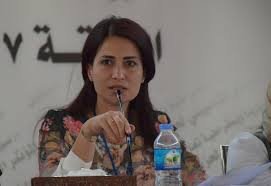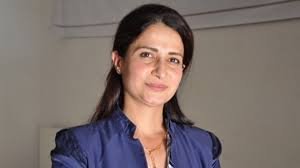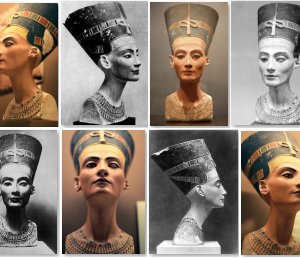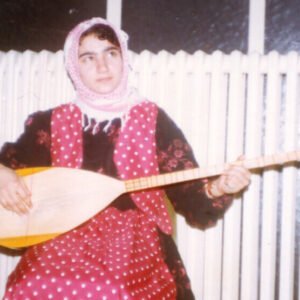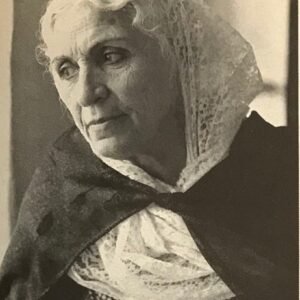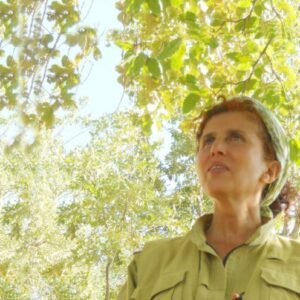Hevrin Khalaf served as the Secretary General of the Future Syria Party after working for many years in Rojava. She was executed by Turkish-backed Ahrar al-Sharqiya fighters near the M4 Motorway south of Tell Abyad during the 2019 Turkish offensive into north-eastern Syria, on 12 October.
Hevrin Khalaf was born on 15 November 1984 in Al-Malikiyah (Dêrika Hemko). Early in her life, Khalaf was exposed to political movements and thinkers. Four of her brothers and her sister Zozan were involved in the Kurdish liberation movement; they all died. Khalaf’s mother, Sûad, took part in assemblies with Abdullah Öcalan. Khalaf was influenced by her mother’s experiences. Khalaf graduated from University of Aleppo in 2009 as a civil engineer.
Soon after graduating, Khalaf returned to Dêrik. When the Rojava conflict began, Khalaf worked on creating institutions that would improve civil society. She began managing one of the Economic Councils. Khalaf rose to prominence in the Autonomous Administration of North and East Syria. She was one of the founders of the Foundation for Science and Free Thought in 2012.
Future Syria Party
Khalaf became co-chair of the energy authority in 2016. Her party, the Future Syria Party, was involved in the administration of northern Syria after the capture of Raqqa from the Islamic State group in 2017. Khalaf participated in negotiations with the United States, France, and other delegations. She was known for her skill in diplomacy. Khalaf worked towards increasing tolerance and unity among Christians, Arabs, and Kurds. Aden Al Hendi described Khalaf’s work ethic in Foreign Policy as such: “She would wake up at 5 in the morning and would not stop working until midnight, whether that involved traveling to the Deir Ezzor region, which was recently liberated from the Islamic State, to tutor children and teenagers there in math, or meeting with Arab tribal leaders and helping resolve their many disputes in her role as the secretary-general of the Future Syria Party (FSP). She personified the way the FSP and the Syrian Democratic Council approached the many differences among the people of the region.”
“Eight years have passed. The popular uprising against the crisis and the struggle of the peoples of Syria have been carried out with great sacrifice, and have turned into a war. The lasting crisis in Syria, which has caused the expulsion and murder of the population, cannot be resolved without a political solution.”
On 13 October 2019, The Daily Telegraph reported that “Kurdish officials said rebel fighters intercepted a car carrying Hevrin Khalaf”. Khalaf was one of a number of civilians who were killed during the first days of the Turkish-backed military operation, with the Syrian Observatory for Human Rights reporting that “nine civilians were executed at different moments south of the town of Girê Sipî”. The National Army, a rebel group fighting alongside Turkey, denied responsibility for the killing. Khalaf’s death was one of many during Operation Peace Spring, which began on 9 October 2019.
According to an autopsy report, Khalaf was beaten over her head and left leg with a solid object. This led to multiple bone fractures in the leg. There was then use of sharp objects on the back of her legs. Furthermore, Khalaf was dragged by her hair which caused it to tear off along with bits of flesh. She was then shot in the head once and four more times in her chest.
Her funeral was held in Al-Malikiyah on 14 October 2019.
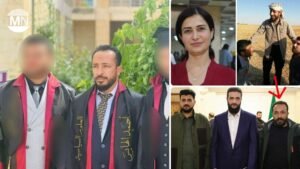
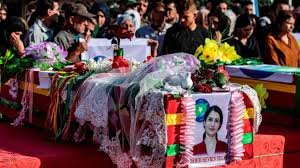
Ahrar al-Sharqiya is widely associated with the extrajudicial killing of Kurdish politician Hevrin Khalaf, a crime that remains prominent in public memory. Today Ahrar al-Sharqiya is part of the Turkish-backed Free Syrian Army (SNA), is actively involved in attacks on northeastern Syria.
